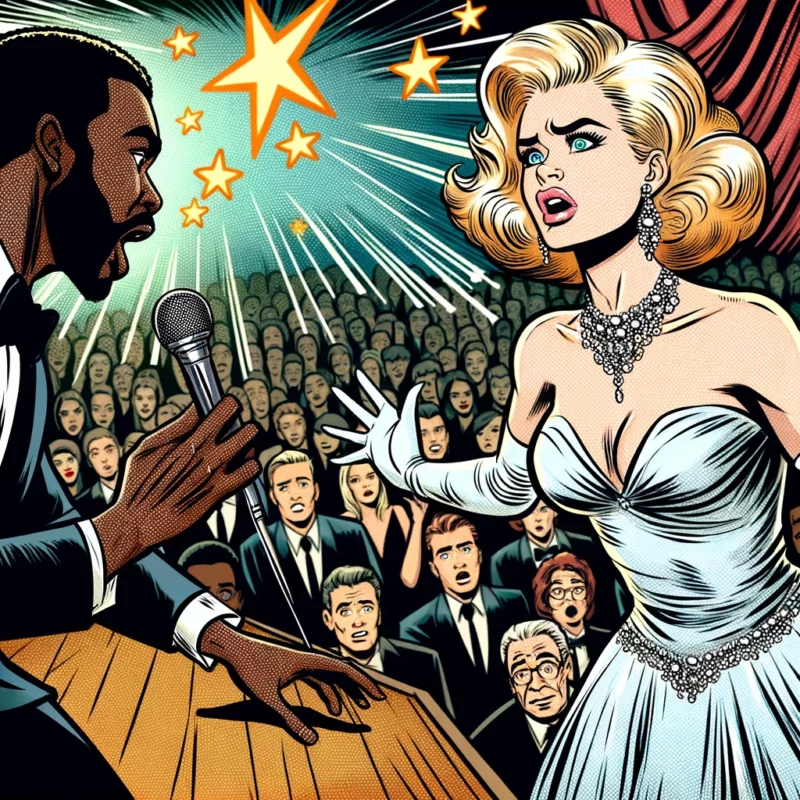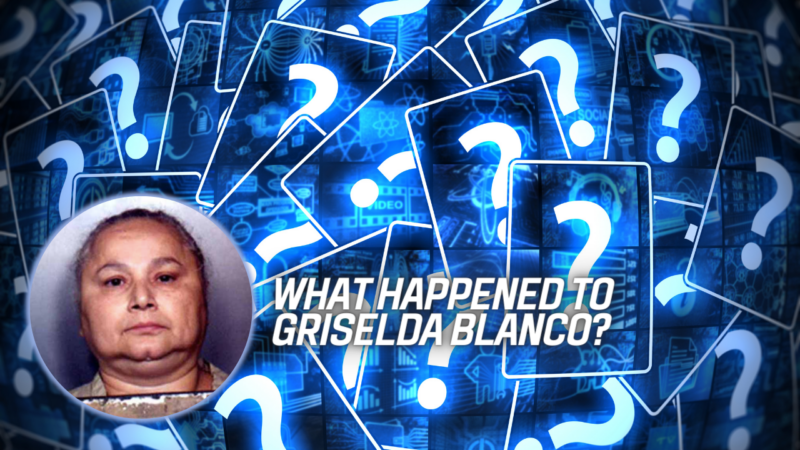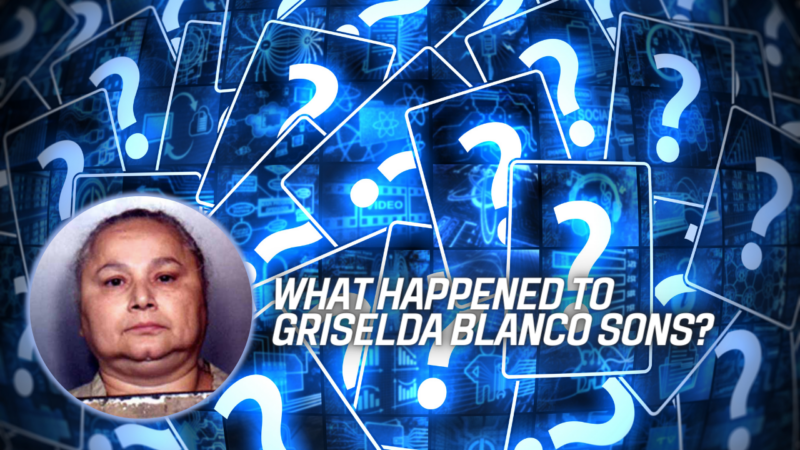What Happened to Britannia?
In the annals of history, few empires have left as indelible a mark as the Roman Empire. Spanning centuries and continents, it was a force to be reckoned with. And at the heart of this mighty empire was Britannia, the island that we now know as Great Britain. But what happened to Britannia? How did it go from being a prized possession of the Roman Empire to becoming the nation we know today? Let’s delve into the fascinating story of Britannia’s transformation.
The Roman conquest of Britannia began in 43 AD, under the leadership of Emperor Claudius. The Romans saw the island as a valuable addition to their empire, with its rich resources and strategic location. Over the next few decades, the Romans gradually extended their control over the island, establishing a network of roads, forts, and cities. They introduced their language, laws, and customs, leaving an indelible mark on the land and its people.
For nearly four centuries, Britannia thrived under Roman rule. The Romans brought stability, infrastructure, and economic prosperity to the island. They built magnificent structures like Hadrian’s Wall, which served as a symbol of their power and a defense against the northern tribes. They also introduced Christianity, which would go on to become the dominant religion in the region.
However, the Roman Empire was not immune to decline and internal strife. In the 4th century, as the empire faced numerous challenges, Britannia began to feel the effects. The Roman legions stationed in the island were called away to defend the empire’s borders, leaving Britannia vulnerable to attacks from the Picts and the Scots. The Roman government also struggled to maintain control over its vast territories, and Britannia was no exception.
By the early 5th century, the situation in Britannia had become dire. The Roman legions had all but abandoned the island, leaving the native Britons to fend for themselves. In the face of increasing threats, the Britons turned to local leaders for protection. These leaders, known as warlords, established their own kingdoms and fought against the invading forces.
One of the most famous warlords of this time was Arthur, who would later become the legendary King Arthur. While the historical accuracy of King Arthur is still debated, his story has become intertwined with the fate of Britannia. According to legend, Arthur led the Britons in a series of battles against the invading Saxons, providing a glimmer of hope in a dark time.
The fall of the Roman Empire in the 5th century marked a turning point for Britannia. With the withdrawal of Roman authority, the island was left fragmented and vulnerable. Various Germanic tribes, such as the Angles, Saxons, and Jutes, seized the opportunity to establish their own kingdoms in the land. This period, known as the Anglo-Saxon period, saw the gradual displacement of the native Britons and the emergence of new kingdoms.
The Anglo-Saxon kingdoms, such as Wessex, Mercia, and Northumbria, would go on to shape the future of Britannia. They brought their own languages, customs, and political systems, laying the foundation for the English nation. The Britons, pushed to the fringes of the island, retreated to Wales, Cornwall, and Scotland, where their Celtic culture and language survived.
The Viking invasions of the 8th and 9th centuries further disrupted the stability of Britannia. The Vikings, fierce warriors from Scandinavia, raided and settled in various parts of the island. Their presence left a lasting impact on the culture and language of the region, particularly in the north and east of England.
The Norman Conquest of 1066 was another pivotal moment in Britannia’s history. William the Conqueror, Duke of Normandy, invaded England and established Norman rule. The Normans brought with them a new language, French, which would merge with the existing Old English to form Middle English. This linguistic fusion laid the groundwork for the development of the English language as we know it today.
Over the centuries, Britannia continued to evolve politically, socially, and culturally. The Wars of the Roses in the 15th century, the Tudor dynasty, the English Civil War, and the Industrial Revolution all played significant roles in shaping the nation. Britannia transformed from a collection of warring kingdoms to a unified nation with a global empire.
The British Empire, which reached its zenith in the 19th century, was a testament to Britannia’s enduring legacy. From the Americas to Africa, Asia to the Pacific, the British Empire spanned the globe. It brought immense wealth and power to Britain, but it also came at a great cost. The empire’s expansion was often accompanied by colonization, exploitation, and the suppression of indigenous cultures.
The decline of the British Empire in the 20th century marked yet another chapter in Britannia’s story. The two World Wars, economic challenges, and the rise of independence movements in the colonies all contributed to the empire’s unraveling. Britain, once the ruler of vast territories, had to redefine its place in the world.
Today, Britannia is known as the United Kingdom, a constitutional monarchy comprising England, Scotland, Wales, and Northern Ireland. It is a diverse and multicultural nation, with a rich history and a global influence. The legacy of the Roman Empire, the Anglo-Saxons, the Vikings, and the British Empire can still be seen in its language, architecture, and institutions.
So, what happened to Britannia? It underwent a series of transformations, from a Roman province to a collection of warring kingdoms, from a global empire to a modern nation. Its story is one of conquest and resistance, of cultural fusion and evolution. Britannia’s journey is a testament to the resilience and adaptability of its people, who have shaped the nation we know today.







